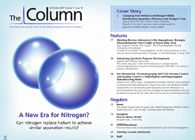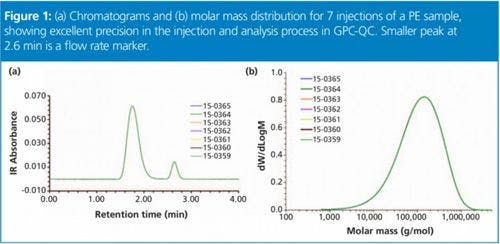Mars to Open Food Safety Center in China
Mars, Incorporated (McLean, Virginia, USA) has announced the opening of its Global Food Safety Center, a first-of-its-kind facility for pre-competitive research and training that aims to raise global food safety standards through collaboration.
Mars, Incorporated (McLean, Virginia, USA) has announced the opening of its Global Food Safety Center, a first-of-its-kind facility for pre-competitive research and training that aims to raise global food safety standards through collaboration. Located in Huairou, China, just north of Beijing, the center will feature analytical chemistry and microbiology laboratories, interactive training laboratories, and a conference auditorium to enhance knowledge sharing. The center is part of Mars’ ongoing commitment to working with worldâleading experts to ensure the safety and security of food. The Mars Global Food Safety Center will leverage insights and expertise from over 60 Mars partnerships dedicated to innovative, sustainable, and responsible food safety practices. The World Food Programme (WFP), the Global Alliance for Improved Nutrition (GAIN), Partnership for Aflatoxin Control in Africa (PACA), and the IBM/Mars Consortium for Sequencing the Food Supply Chain are among the organizations Mars is partnering with to try to solve the challenge of feeding a global population expected to grow to nine billion by 2050. Grant Reid, President and CEO of Mars, Incorporated, commented: “Food safety is a global issue that concerns us all - business, governments, academics, and the world’s population. Working together across all disciplines is the only way we can truly advance efforts at scale, with the ultimate goal of increasing access to safe nutrition for billions of people around the world.” David Crean, Vice President, Corporate R&D at Mars Incorporated, added: “Unlike an R&D or innovation center focused on product development and improvement, the Mars Global Food Safety Center is a state-of-the-art facility dedicated to advancing food safety research through collaboration and the pre-competitive sharing of information.” For more information please visit www.mars.com

New Study Reviews Chromatography Methods for Flavonoid Analysis
April 21st 2025Flavonoids are widely used metabolites that carry out various functions in different industries, such as food and cosmetics. Detecting, separating, and quantifying them in fruit species can be a complicated process.
Analytical Challenges in Measuring Migration from Food Contact Materials
November 2nd 2015Food contact materials contain low molecular weight additives and processing aids which can migrate into foods leading to trace levels of contamination. Food safety is ensured through regulations, comprising compositional controls and migration limits, which present a significant analytical challenge to the food industry to ensure compliance and demonstrate due diligence. Of the various analytical approaches, LC-MS/MS has proved to be an essential tool in monitoring migration of target compounds into foods, and more sophisticated approaches such as LC-high resolution MS (Orbitrap) are being increasingly used for untargeted analysis to monitor non-intentionally added substances. This podcast will provide an overview to this area, illustrated with various applications showing current approaches being employed.

.png&w=3840&q=75)

.png&w=3840&q=75)



.png&w=3840&q=75)



.png&w=3840&q=75)







